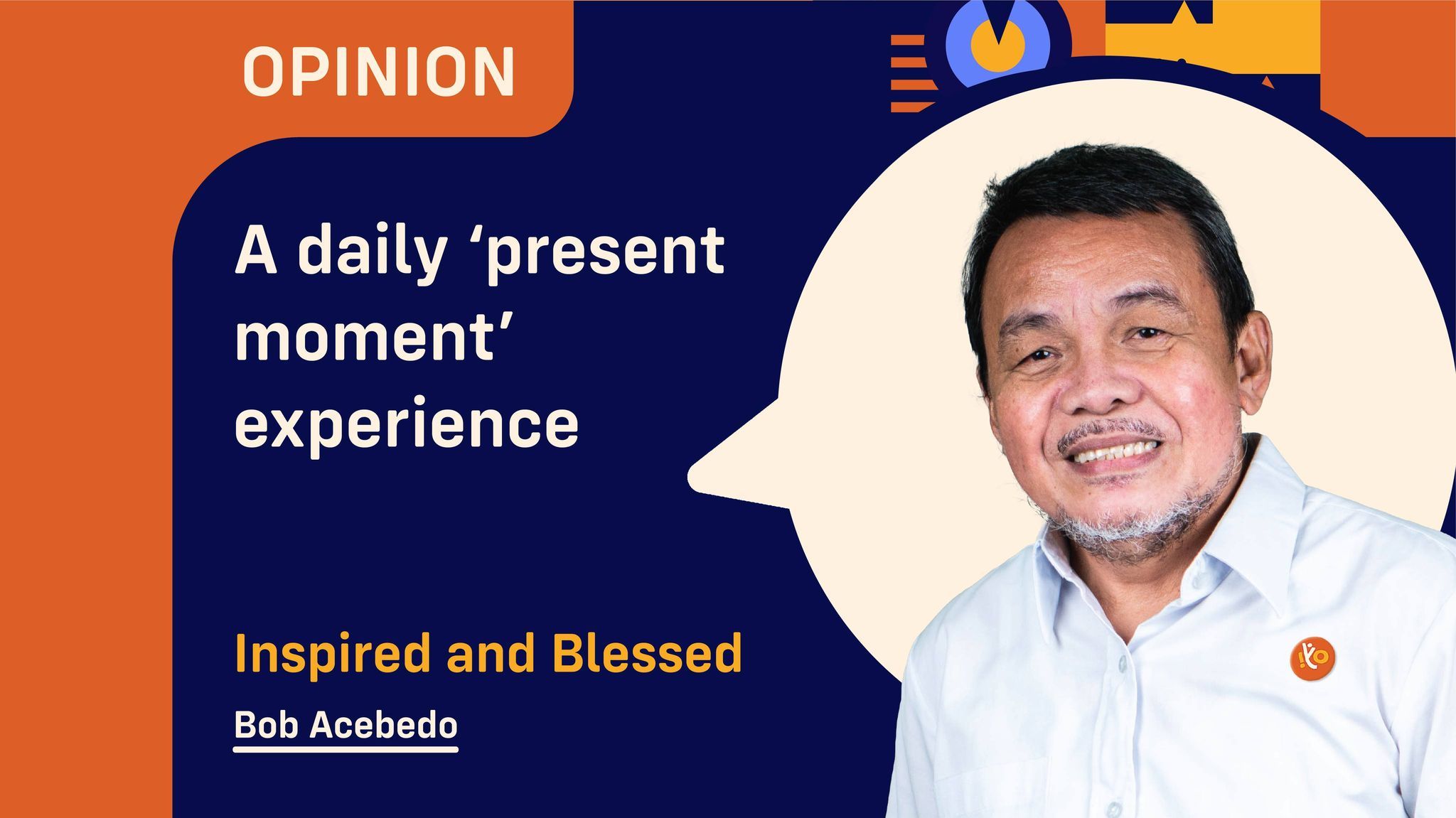I’d like to assume that some, if not many, of us aren’t deprived of a “spare time” every day. But, how do we spend our free time on a daily basis?
For those categorized as “time poor,” they feel they have too little time available to do all that they needed or wanted to do; whilst for those who are “time affluent,” they feel confident that they are able to accomplish everything they want to do.
How do we define a “free time”? There are 24 hours in a day (or 1,440 minutes to be exact). The average person sleeps around eight hours, so that leaves 16 WAKING HOURS to spend.
We need to subtract eight hours a day for work, plus roughly three hours daily spent in the perennial scourge of road traffic (especially for those in Metro Manila). Thus, we only have FIVE HOURS left.
Then, from this 5-hours, let’s assume four hours are taken up for daily routine activities – personal necessities, meals, housework, shopping, unpaid labor – excluding yet socializing and recreation. So, we have one hour left as free time.
In reality, however, the aforementioned four hours for the daily routine activities seems to be not enough. Hence, it’s not surprising to infer that for an ordinary working dad or mom struggling to make a living, free time is nowhere in his or her daily schedule.
If free time is understood as discretionary, then I’d like to reckon that back in my old seminary days, we had no “free time” during week days as all our daily activities were strictly regimented by the hour from rising in the morning to sleeping in the evening. I didn’t have to figure out how to spend my free time then, because precisely I didn’t have one.
But, for our purposes now, granting that we have one-hour discretionary free time every day, how then would we spend it?
Our contemporary world is abuzz with the so-called “5-hour rule” of success, purportedly patronized or followed by famed individuals like Bill Gates, Warren Buffet, Elon Musk, Jack Ma, Barack Obama, and Mark Cuban.
Originally attributed to Benjamin Franklin, the 5-hour rule, as coined by entrepreneur and journalist Michael Simmons, suggests that no matter how busy you are, you have to spend at least an hour a day – or 5 hours a work week – for learning, reflecting, or experimenting.
Take note, the 5-hour rule is but meant for educative or self-improvement purposes in terms of knowledge and skills.
But, apart from educative ends, can we also make our daily free time a sublime experience of embracing a meaningful “present moment?” How then can we make or render our daily free time – even for just an hour – a sublime, meaningful, “present moment” experience? Something that evokes an “Aha!” feeling that is unfading?
I and wife Malou spend our daily free time of meaningful, present-moment experience by, among others: 1) having our regular morning sunshine and walk-jog exercise; 2) during our walk-jog outside, we never fail to cherish and appreciate the natural beauty of the surroundings, the sun, the fresh air, the blue sky, the vibrant plants and trees, the smiles and simple greetings of people that we meet, the refreshing sight of other people – young and old – biking, walking, or jogging; 3) spending a brief but regular time in prayer or being “present in the presence of God” before the Blessed Sacrament in the church; 4) for my part, as a writer, I have the habit of carrying with me always a small notebook and ballpen, so I can always jot down during free time some random momentary thoughts or insightful tidbits of inspiration.
So, ask thee again, how can we make our daily free time a meaningful, present-moment experience? Let me offer the following tips.
1. Connect or be “present” with your body and natural environment. Physical activity or exercise – not necessarily strenuous, like slow jog or brisk walking – has always been proven as an effective means to increase health, happiness, and self-esteem.
Likewise, as already pointed out, savoring the beauty of nature is not only relishing its wonder but also proclaiming the greatness of God.
2. Connect or be “present” with yourself. Free time is the best time to feel or experience your own presence by discerning, reflecting, examining your real self, WITHOUT BEING JUDGMENTAL but just being aware (mindfulness) of your own joys and sorrows, victories and challenges. Finding yourself is the gateway to a meaningful life.
3. Connect or be “present” with others. It is always meaningful, as it serves our life’s purpose, to practice random acts of kindness (like giving someone a compliment) or make simple expressions of gratefulness (like texting ‘thank you’ messages) to other people – be they your significant others or not – even “just” on our free time. Mind you, it will not only provide some happiness – it will make wonders too.
4. Connect or be “present” with God. The FIRST and BEST FREE TIME each day should be spent with God upon waking up in the morning. “Seek ye first the kingdom of God and his righteousness; and all these things shall be added unto you” (Mt. 6:3).
Connecting with God is not just reciting the formulaic prayers but just being with God or being “present in the presence of God.” Free time prayer (or, as others put it, “wasting time with God”), as Henri Nouwen said, “is being unbusy with God instead of being busy with other things.”
On the whole, making our free time a meaningful, “present moment” experience is constantly embracing the unfading beauty of life and being open to continuous learning, growth, unceasing love, and lasting happiness.
#InspiredAndBlessed #BobAcebedo #ADailyPresentMomentExperience #OpinYonColumn #OpinYon

